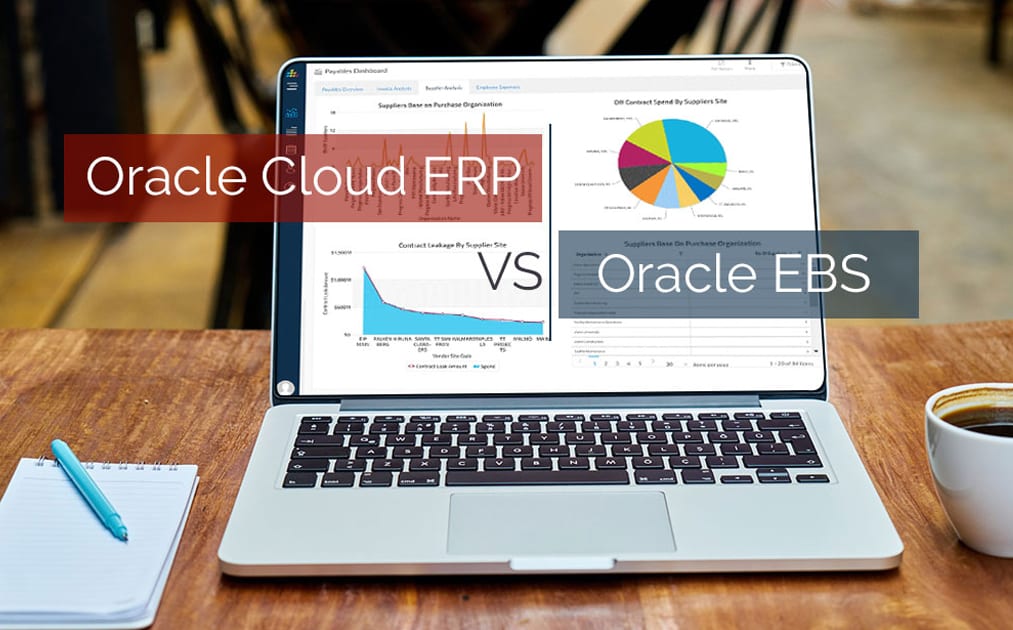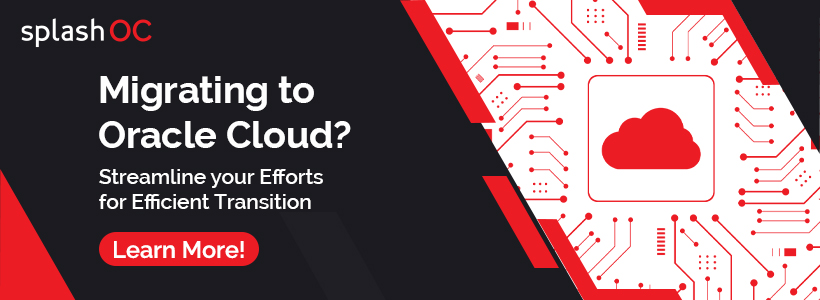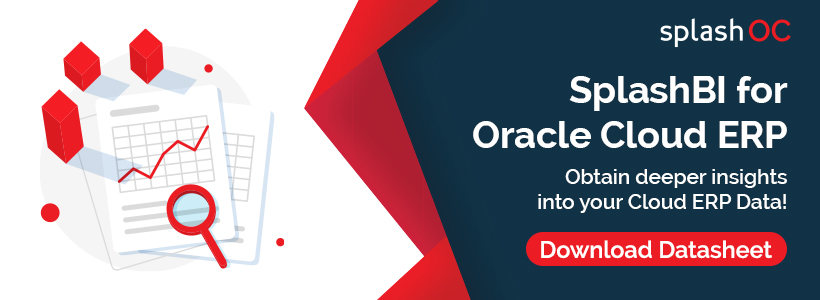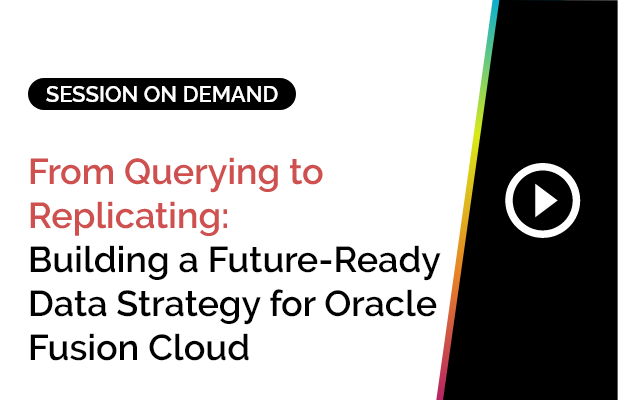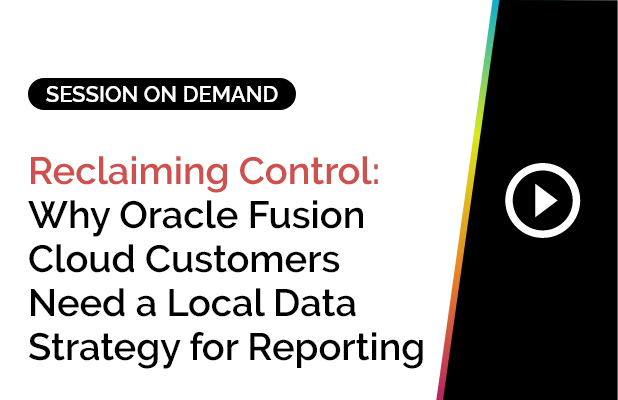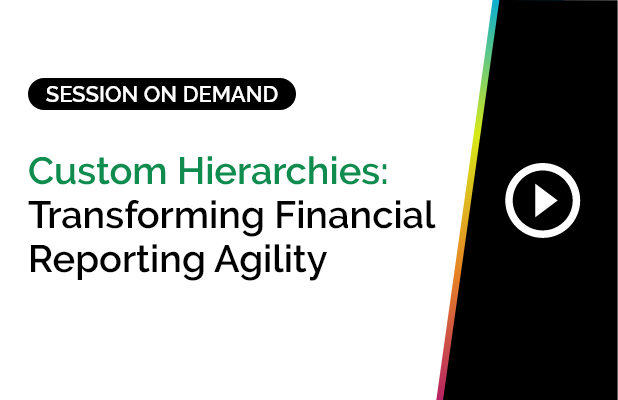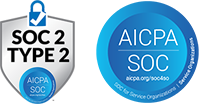Introduction
Oracle is one of the tech-giant in implementing solutions for Enterprise business processes & customer relation solutions. Oracle has proven to be a practical choice for many big and mid-size enterprises and now with SaaS offering it is attractive to some small companies. Oracle applications have undergone many updates over the years in its ERP software application suite.
Legacy ERP systems was designed for on-premises installation with a database management system as backend. Those installation are increasingly replaced with the cloud by most ERP vendors. Maintaining and keeping them to the current standards might expensive and time consuming for these older version-ERP systems. Oracle has emphasized migration to the ERP cloud and has outlined many guiding policies on the deployment process.
 Oracle Cloud ERP vs. Oracle EBS
Oracle Cloud ERP vs. Oracle EBS
Oracle ERP Cloud is a Software-as-a-Service platform recognized for its capability to scale with your business as it develops and expands whereas Oracle E-Business Suite is a combined group of applications intended to automate Customer Relationship Management (CRM), Enterprise Resource Planning (ERP) & Supply Chain Management (SCM).
What is Oracle ERP Cloud?
Oracle ERP Cloud is a Software-as-a-Service recognized for its capability to scale with your business as it develops and expands. SaaS application provide multiple modules on the same platform without going thru long drawn installation process. Its strong execution of automated business processes across various modules makes it a go-to ERP option for companies looking for large business cloud providers. The deployment choices are flexible and easier. The software runs in the cloud so data security is a top priority.
Oracle Implementation of AI into the ERP cloud has increased its marketing potential. Smart suggestions concerning financial expenses and budgeting have enabled the finance-operations teams to stay ahead of their game.
The Oracle ERP Cloud is a robust package that organizations should contemplate migrating if they use a legacy on-premise version. The Oracle ERP Cloud solutions has lot for features and functions that are not available in a on-premise version of the product.
What is Oracle EBS?
Oracle E-Business Suite is a combined group of applications intended to automate:
- Customer Relationship Management (CRM)
- Enterprise Resource Planning (ERP)
- Supply Chain Management (SCM)
The Oracle E-Business Suite helps users maintain global businesses, expedite decision-making, lower costs, and increase business performance. Oracle EBS reporting has pre-integrated BI and analytics abilities and primarily uses customer-focused application approaches.
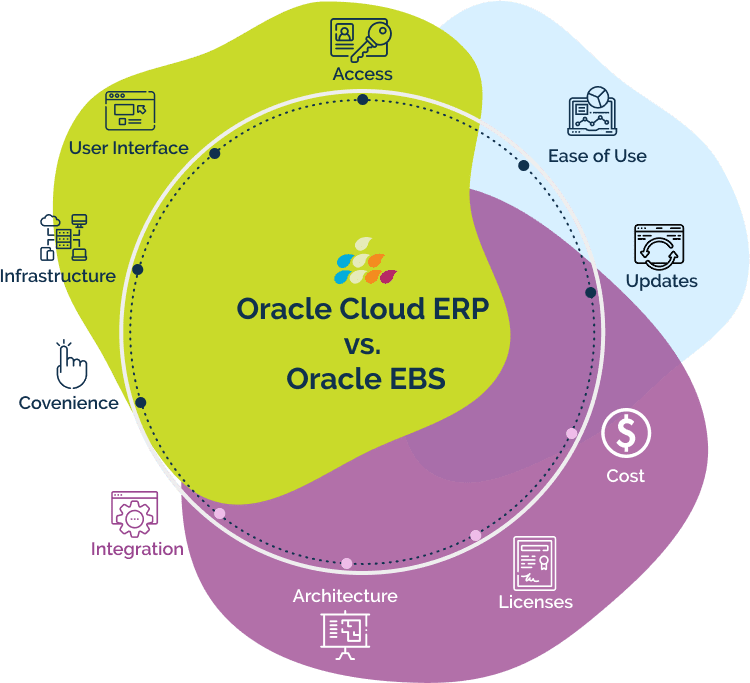
Oracle Cloud ERP vs Oracle EBS
Feature / Function |
Oracle ERP Cloud |
Oracle EBS (on-premise) |
|---|---|---|
Access |
Oracle ERP Cloud can be accessed anywhere, anytime, and works on any smart device. It is beneficial when employees require flexibility in accessing their information due to work schedules. | Oracle EBS is difficult to access. They are often tied up with in-office workstations and can’t be accessed from anywhere else. |
Ease of Use |
Oracle ERP Cloud gets automated software updates, so the cost and pain linked with new releases are comparatively less. | The expenses and pains linked with upgrades and new releases are higher in on-premises EBS solutions. |
Updates |
Oracle ERP Cloud gets constant, automated software updates. | Updating Oracle EBS needs more time and effort from IT. |
Cost |
Oracle ERP Cloud allows the organization to quickly achieve new functionality at a lower price. | With Oracle EBS achieving new functionality for organizations is an expensive affair. |
Licenses |
Oracle ERP Cloud has zero up-front license charges and lowers maintenance costs. | Oracle EBS has higher license and maintenance cost. |
Architecture |
Oracle ERP Cloud enables a broad range of application integrations and provides secure architecture capability. | SaaS integration in Oracle EBS is not easy and needs help from the IT team to design and build the integrations. |
Integration |
Oracle ERP Cloud maintains complicated integrations as well as bulk data movement. | Integration isn’t easy in Oracle EBS. It needs excellent support from the IT team to outline and develop. |
Convenience |
Oracle Cloud Marketplace is an online repository devoted to cloud business applications and professional services. It assists Oracle ERP to deploy the best solutions for your business needs. | The Oracle Cloud Marketplace as a feature, is not available for Oracle EBS. |
Infrastructure |
Oracle Cloud infrastructure leverages partner capabilities to help you deploy the most suitable solutions for your business requirements. | Oracle EBS is not engineered to enable a wide range of application integrations. |
User Interface |
Oracle ERP Cloud makes the oracle cloud applications sleek and user-friendly. It offers a simple, natural experience that makes it quicker and simpler to perform most back-office functions. | On-premises Oracle EBS doesn’t involve the revised UI and feels old in comparison. |
SplashBI to your Rescue!
With SplashBI, you can give more time to your business and not your software. SplashBI pre-built reports show extensive insights into your organization’s data with robust features.
With SplashBI, users can build new or update existing reports without depending on a developer to code it.
At SplashBI, our Oracle ERP services help companies adopt the Oracle financials cloud and leverage it to achieve strategic business advantage. Our team contributes adequate time to know your business, short-term and long-term goals, documentation, and training, etc.
Gain significant insights into all dimensions within your company with real-time data. Visualize metrics or KPIs and get to see them from various aspects. Monitor and report irregularities with full self-service reporting capabilities. Collaborate with decision-makers within the platform.
It allows better insight into the general ledger, enables functional units to understand product profitability, and provides performance against budget. Also, it highlights how staffing expenses and employee, or supplier performance interact with enhanced revenue and customer satisfaction.
Conclusion!
Businesses have spent significant time and money installing Oracle EBS. However, Oracle’s decision to concentrate essentially on Fusion Cloud made Oracle EBS users anxious until Oracle delivered a roadmap supporting EBS till 2030.
Oracle ERP Cloud is the most advanced offering from Oracle. It is still developing, and its success ultimately depends on project completions.
Business leaders are planning to overlook a full-scale cloud implementation as the cloud applications have varied maturity and wait until they get an excellent acceptance rate.
Taking everything into consideration, the future of Oracle EBS holds good. Oracle is continuously updating E-Business Suite with value innovations that decrease downtime and enhance user experiences.
Unless they need better functionalities, organizations can stay on Oracle EBS and evaluate the need for technology changes by matching their business and technology demands.

